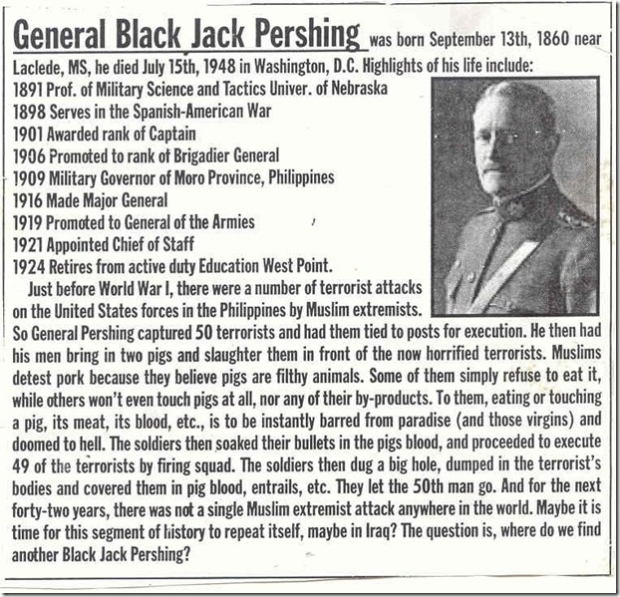This is from Bringing Back Brotherhood Ministries:
Broken..Crushed…and now we are Qualified?
Has the world fallen down around you?
Is the pressure of the world becoming too much to bear?
Does every move that you make forward seem to be canceled out by adversity and obstacles?
Have you come to the place of brokenness?
“The breaking of the outward man is the basic experience of all those who serve God. This must be accomplished before He can use us in an effectual way” (Watchman Nee).
The painful and hard moments that push us past our limits are not destroying us. If we choose to look upon these experience through a different perspective we may see that the tool of trouble is not destroying us but shaping us. Each moment of adversity that we overcome builds a new found strength. Each trial that we overcome develops our character. Each experience equips us with a resource of wisdom earned through tribulation.
Only then after suffering great loss does one have the heart to come along side another who suffers the same. Only one who has been through pain will be welcomed into the painful moments of another’s crisis. Only after experiencing all of these things can we truly see our need for God as our true source of strength and hope.
We, the broken, stand firm upon a foundation that is unshakable and unbreakable because it is not made by human hands. We the sinners, can reach out to others not because we are worthy but because we have been forgiven.
We the scarred post traumatic souls can share our burdens with others thereby lifting their spirits. We, who were once lost, can help seek out our brothers and sisters in solitude and truly identify with their hearts.
We, through pain and brokenness, have become qualified in such a way that no one else with degrees or certifications can compare. For we can learn more from those who have faced calamity, suffered great loss, battled addictions, and dealt with difficulties than pious who have never walked a mile in our shoes.
We can truly “not be anxious about anything, but in every situation, by prayer and petition, with thanksgiving, present your requests to God. And the peace of God, which transcends all understanding, will guard your hearts and your minds in Christ Jesus (Philippians 4:6-7)
For we have been there, in brokenness, but we reside there no longer and we are equipped to journey into another’s pain without being destroyed by it. We have the peace of God that passes all understanding. So when others don’t understand your pain, seek out those have been there and who have the peace that passes all understanding.
We have a comforter like no other, for God has brought us through our trials with His comfort, and providing those who comforted us during our pain. Now our trial, our pain, and our difficulty have made us qualified to help others in a way that no one else can. For when we look in their eyes and say “I know how you feel”; you can honestly say that you do…
God bless the broken heart spirits who take the time to lift up others who are going through the same struggle.
Andy Starnes







